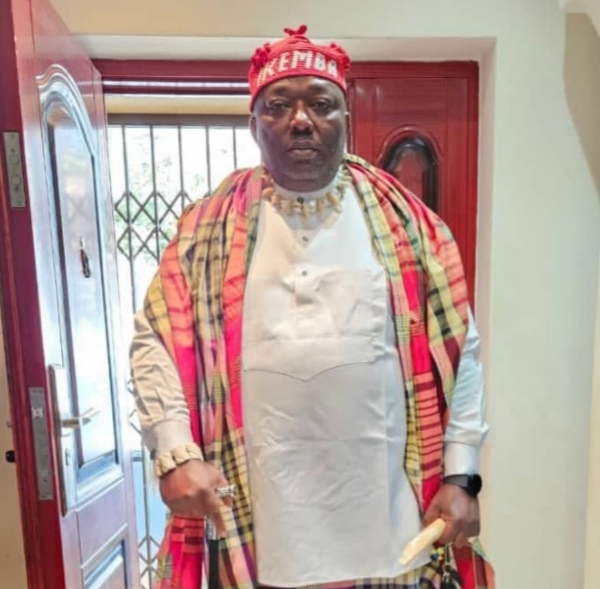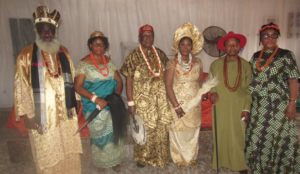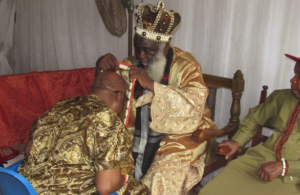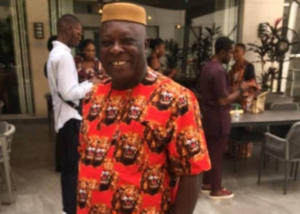Emeka Okoro lists ways to stay out of trouble in foreign land.
2 min read
High profile Akalite and South African based businessman and philanthropist, Chief Emeka Okoro has reacted over the killings of some Nigerians in the Germiston (kwaDukathole) area of South Africa located in the East Rand region of Gauteng. Chief Okoro who spoke to Umuaka Times correspondents last week first of all displayed his sympathy for the families who lost their members and breadwinners in the recent time during the attacks on Nigerians especially the Igbo residents.

While holding talks with Umuaka Times, the patron of Umuaka union in South Africa, first described the country as a good place one can freely live and do his legitimate business. “One thing I want to highlight is that South Africa is a good country where you can go and do your legitimate business and move on. You know sometimes people tend to do business via illegality or those who don’t have their papers and documentations easily fall into troubles”.
Chief Okoro further advised his fellow Nigerians in South Africa and other countries on how to stay out of trouble. “If you are doing your legitimate business, you will have no problems with law enforcements agencies”. He disclosed that at times some people move to new cities and commit offence. The locals will complain and if nothing comes out of it, they take the laws into their hands and start attacking and killing Nigerians.
Okoro advised them to snub illegal businesses, avoid wrong friends, stop late night and always keep their hands straight.
On the contrary, he further disclosed that Nigerians are not always the aggressors; the aggression may come from their people through crimes like stabbing someone or gunning someone down. Such offences come from criminals who use pistols to snatch phones and other items from Nigerians.
He seriously lamented that social life in South Africa is dominated by Nigerians with their money and the locals are not very happy about it. “They feel socially intimidated by the heavy and financial presence of Nigerians in the social atmosphere.”





